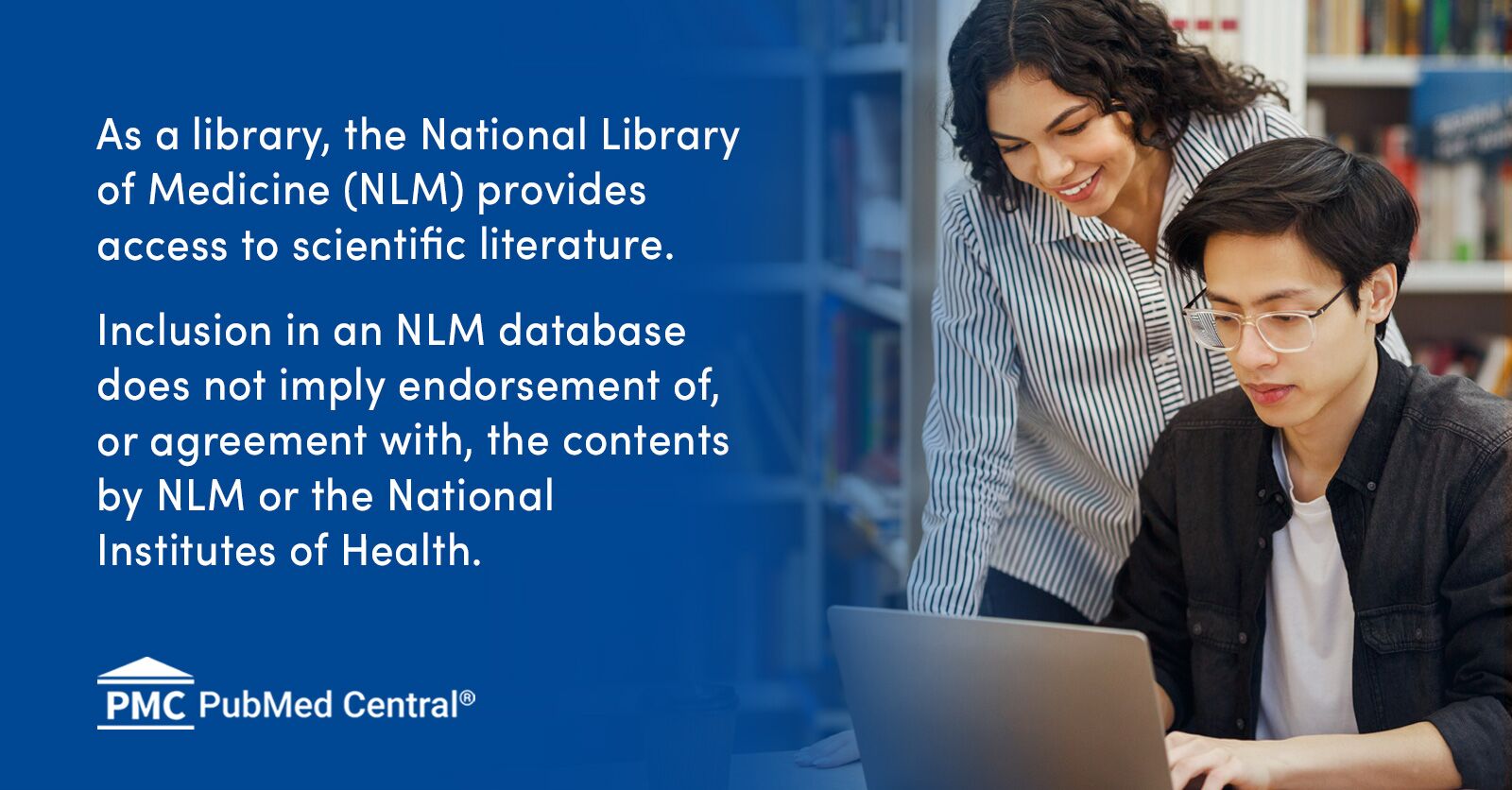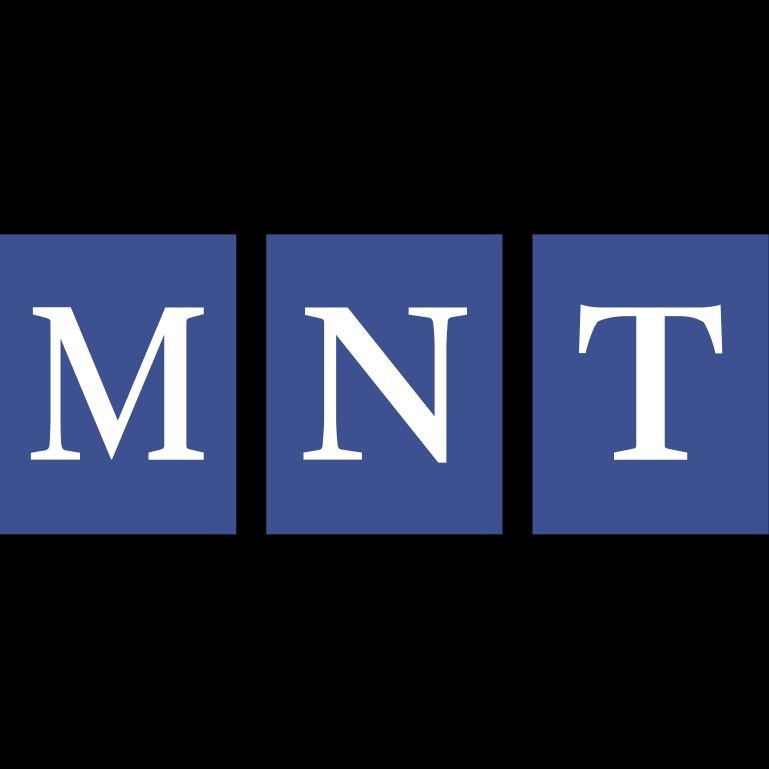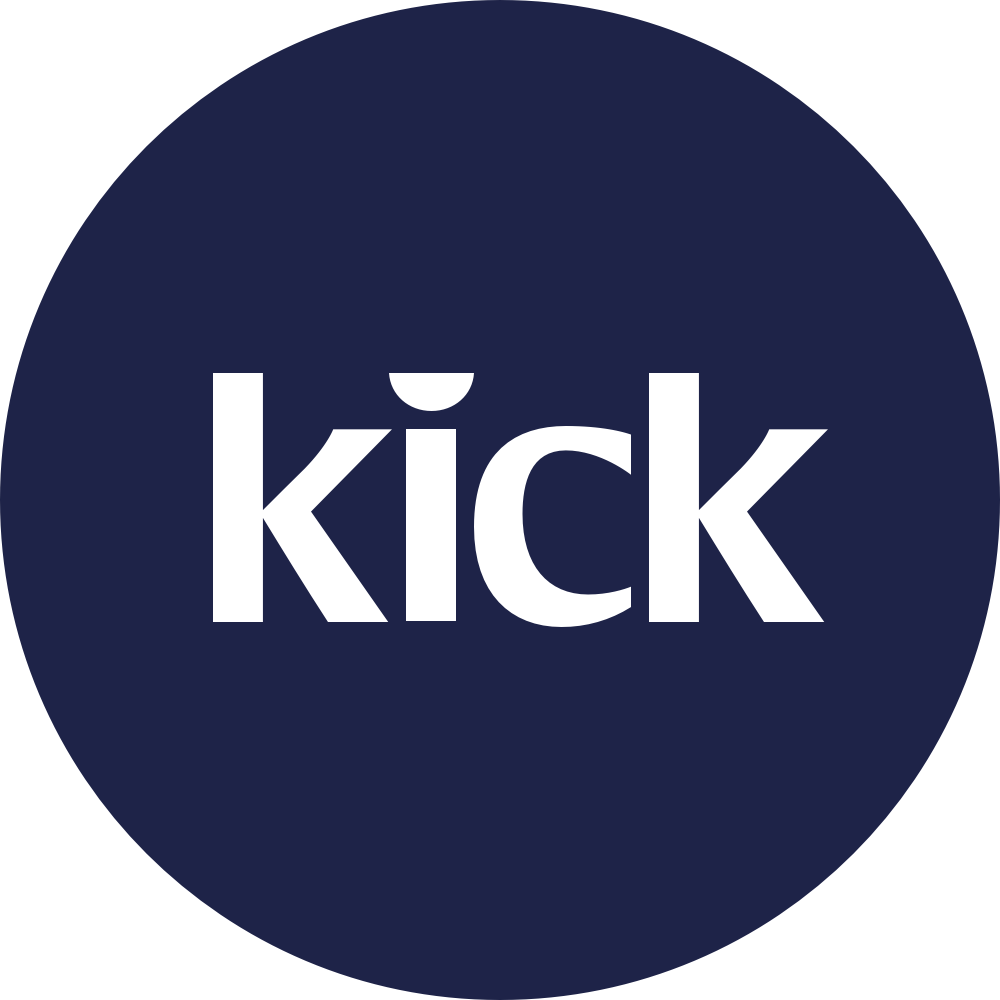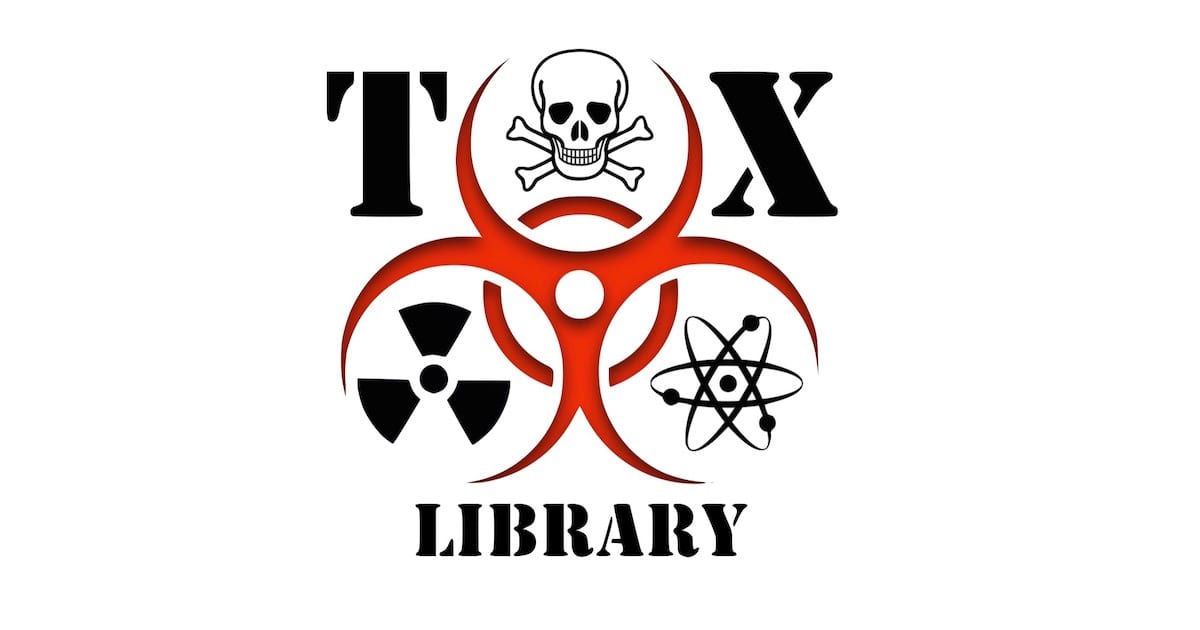ninjapirateroberts
Bluelighter
- Joined
- Jan 21, 2023
- Messages
- 311
Evidence for "unopposed alpha stimulation" is really lacking though.I'd be careful mixing beta blockers with stimulants. They are contraindicated in treatment of stimulant overdose.
Beta2 adrenergic receptors help increase the heart rate when norepinephrine binds, but they also dilate veins, lowering blood pressure.
This opposes alpha 1 adrenergic receptors, which also bind norepinephrine, and cause vasoconstriction and raise blood pressure.
When on stimulants that produce norepinephrine release, I would worry about the unopposed alpha agonism causing a dangerous blood pressure spike.
Clonidine is a much better choice, as it decreases the release of norepinephrine rather than by changing the balance of its binding sites.
"Many clinicians are hesitant to prescribe β-blockers in the setting of active stimulant use owing to a perceived risk of 'unopposed α-receptor stimulation.' Evidence does not support a high risk of harms from the combination of β-blockers and stimulants, and the best available evidence suggests long-term β-blockers are safe in the context of stimulant use. Until there is clear evidence of harm, patients with stimulant use disorder and concurrent cardiac comorbidities deserve to be offered the standard of care, including discussion on the risks and benefits of β-blocker therapy."
Also: https://litfl.com/beta-blockers-for-cocaine-and-other-stimulant-toxicity/







